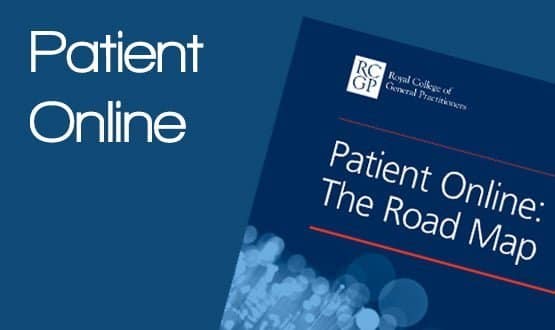Patient record access: March target likely to be met

All GPs will be able to offer patients online access to their ‘detailed coded record’ by the end of the month, GP IT system suppliers have said.
However, the British Medical Association’s GP IT lead Dr Paul Cundy said the vast majority of patients are “completely uninterested in access to detailed coded records”.
The GP contract for 2015-16 says all practices must be able to offer patients online access to their DCR before the end of March 2016.
Digital Health News has confirmed that each of the four principal primary care suppliers expect to have the functionality enabled for all practices by then.
Cundy said: “I’m sure in technical terms the target will be delivered, but the reality is very few people are asking for it and at the moment GPs are focusing on providing the bare essentials of which access to DCRs is not one.”
The DCR includes things such as: immunisations; procedure codes; allergies/ adverse reactions; results; medication; and problems/ diagnoses.
More than 95% of GPs are already offering patients access to a summary of their record and customers of Emis and TPP practice systems have been able to offer DCR access since last year.
Microtest went live this month with The Waiting Room 2, which allows detailed access for patients as well as “improved appointment management functionality and the ability to choose which GP to book for a specific appointment."
An INPS spokesperson said the company is continuing with an “aggressive upgrade” to have all practices DCR-enabled by the end of March. About 15% of Vision customers in England can currently offer the service.
While all practices look likely to have the functionality in place, it does not follow that all will enable it for patients to use.
According to the latest data on the HSCIC indicator portal, as of December 2015 all practices using TPP or Emis systems had the functionality to allow patients to view their test results electronically.
While around 1,230 had enabled the functionality, more than 5,600 had chosen not to switch it on.
In total, there were 386,000 patients registered to view test results online and they had viewed their results 57,000 times.
Cundy said he is yet to have a patient ask for DCR access.
According to the contract, GPs only have to provide access in response to a request and there is no time frame specified to make it happen for any individual patient.
He said the lack of a time frame is a reflection of the reality in general practice, which is that most surgeries are “on their knees”.
“GPs are just focusing on surviving at the moment and all of this stuff, it’s bells and whistles, low down on the list of priorities,” he said.
Cundy added that GPs still have concerns about giving patients full access to their records, such as the presence of third party or sensitive information. The exclusion of this still has to be done manually.
He said the transactional side of the Patient Online programme, such as booking an appointment or requesting a repeat prescription, is going really well and he is surprised that uptake amongst patients is not higher.
Despite promoting online prescriptions requesting to patients, his practice “seems to have reached a plateau of about 30%,” he said.
Dr Imran Rafi, the Royal College of GPs lead for clinical innovation and research, said that giving patients online access to certain services has the potential to improve their experience of general practice, and in the long run alleviate the workload pressures GPs are facing.
“Having online access to their detailed coded records might particularly benefit our patients who are living with long term conditions as it can encourage them to take a greater involvement in their own health and treatment," she said
“We understand that GPs have valid concerns, both around the initial workload implications of implementing Patient Online, and patient safety issues such as confidentiality, coercion, and managing proxy access.
“The College has responded by developing a number of resources for GPs and practice teams that address these issues, and more, and should provide the support practices need to implement Patient Online effectively and safely.”




